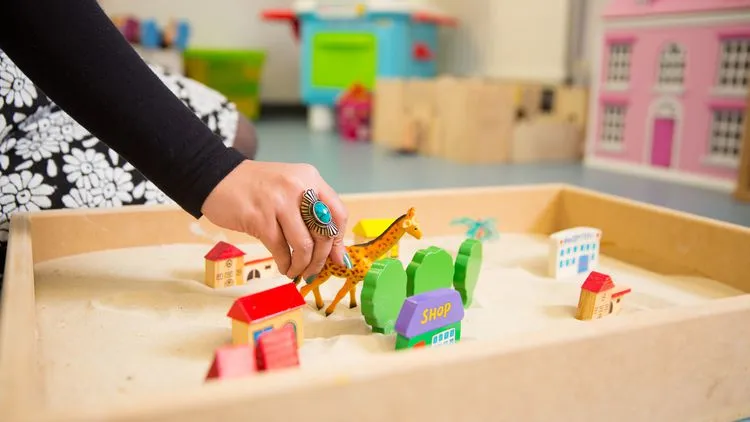Play Therapy: A Creative Approach to Child Development
Play therapy is a form of counseling that utilizes play to help children, especially those experiencing emotional or behavioral challenges, communicate and process their feelings. This approach recognizes that play is a natural way for children to express themselves and can be used as a powerful tool for healing and growth. In this article, we will explore the concept of play therapy, its benefits, and how it can positively impact child development.
Understanding Play Therapy
Play therapy is conducted by trained professionals who create a safe and supportive environment for children to engage in play. The therapist observes the child’s play and uses it as a way to understand their thoughts, feelings, and experiences. Through this process, the therapist can help the child work through difficult emotions, develop coping strategies, and gain a deeper understanding of themselves and their world.
Types of Play Therapy
There are several approaches to play therapy, including:
- Nondirective Play Therapy: The child leads the play, and the therapist observes and interacts as needed.
- Directive Play Therapy: The therapist guides the child’s play towards specific therapeutic goals.
- Filial Play Therapy: Parents or caregivers participate in the play therapy sessions with the guidance of the therapist.
Benefits of Play Therapy
Play therapy offers a range of benefits for children, including:
1. Emotional Expression
Play therapy allows children to express their thoughts and feelings in a safe and non-threatening way. This can help them process difficult emotions and experiences.
2. Communication Skills
Through play therapy, children learn to communicate their thoughts and feelings more effectively, both verbally and non-verbally. This can improve their relationships with others and reduce behavioral issues.
3. Problem-Solving Skills
Play therapy encourages children to use their imagination and creativity to solve problems, which can improve their problem-solving skills and boost their confidence.
4. Self-Esteem and Confidence
By providing a supportive environment for children to explore and express themselves, play therapy can help boost their self-esteem and confidence.
Incorporating Play Therapy into Child Development
Play therapy can be a valuable tool in supporting healthy child development. By providing children with a safe and supportive environment to explore their thoughts and feelings, play therapy can help them develop emotional intelligence, empathy, and problem-solving skills. If you are considering play therapy for your child, it may be beneficial to consult with an online therapist who specializes in this approach. An online therapist can work with you and your child to address specific needs and challenges in a convenient and accessible way.




